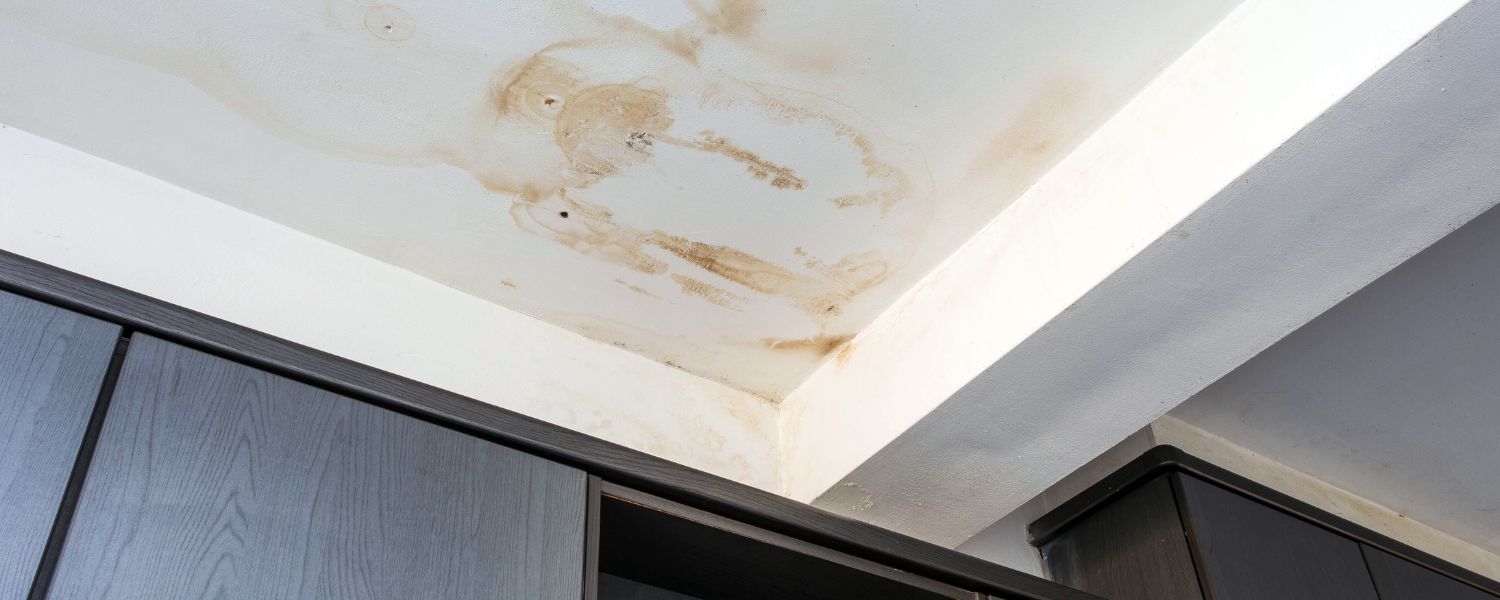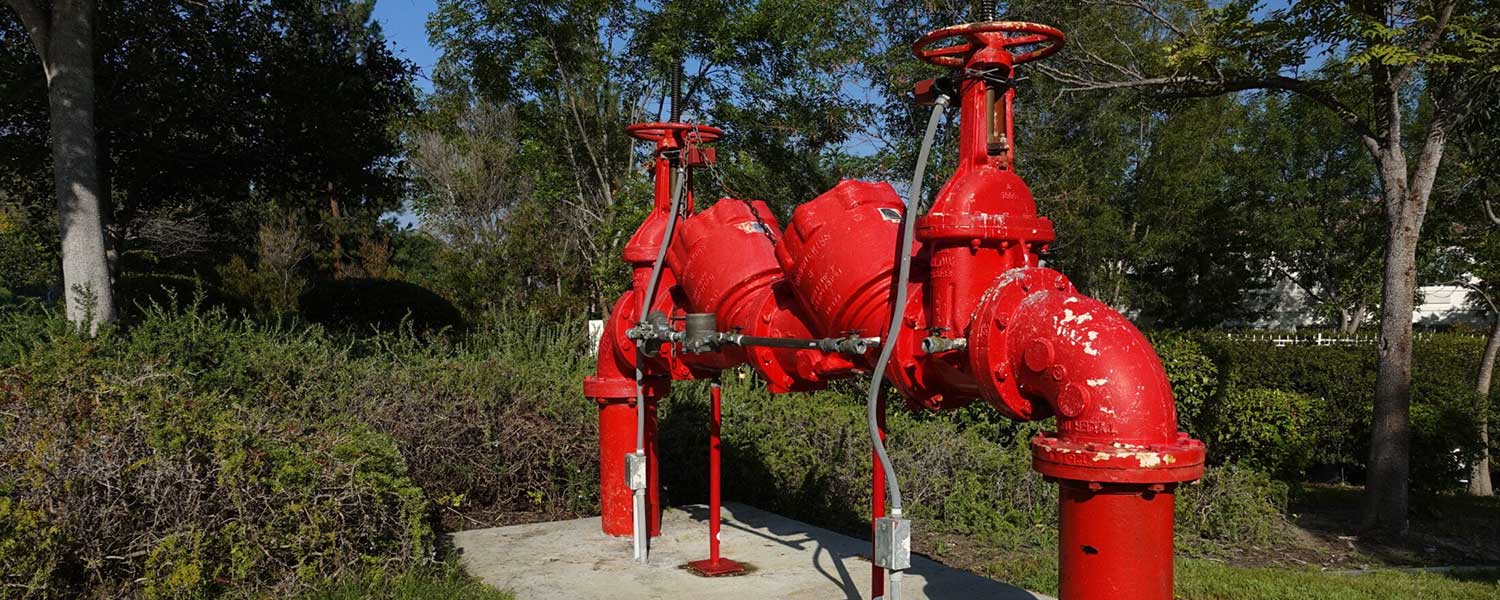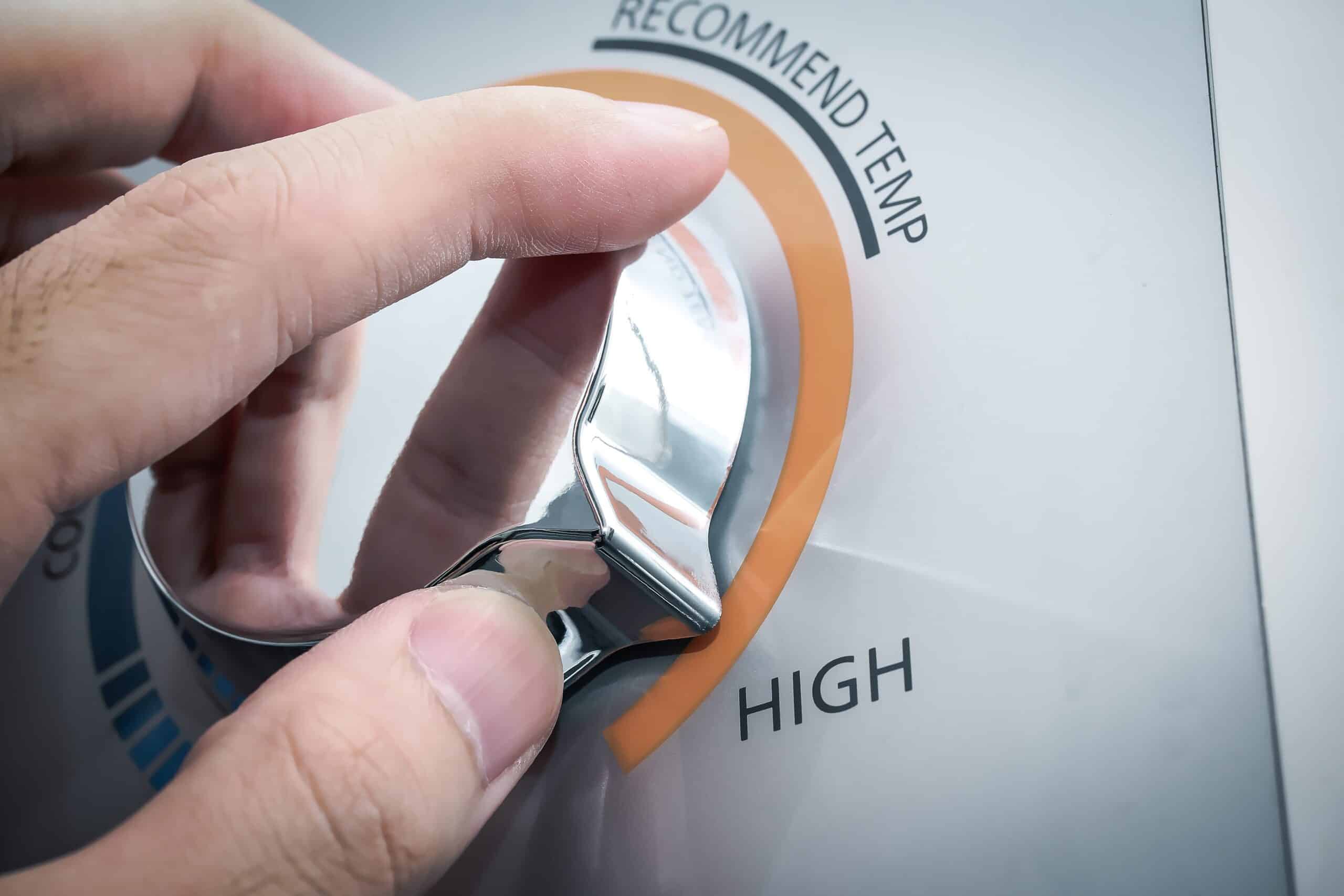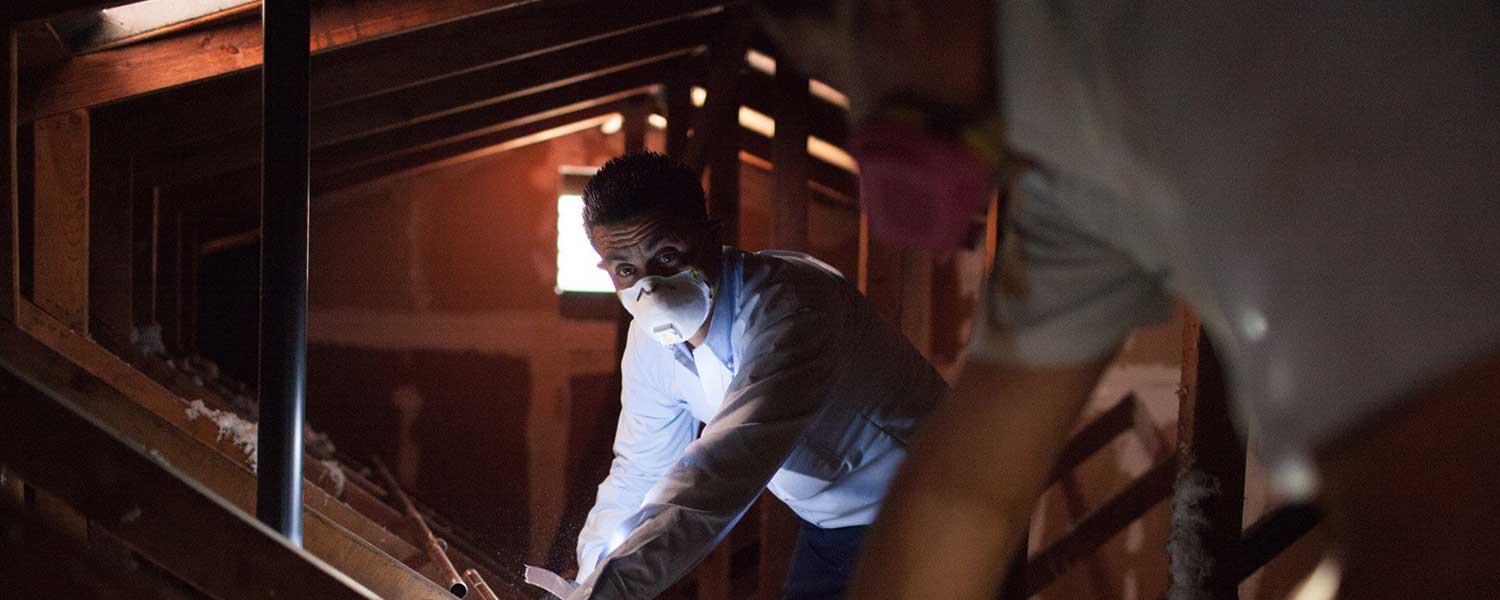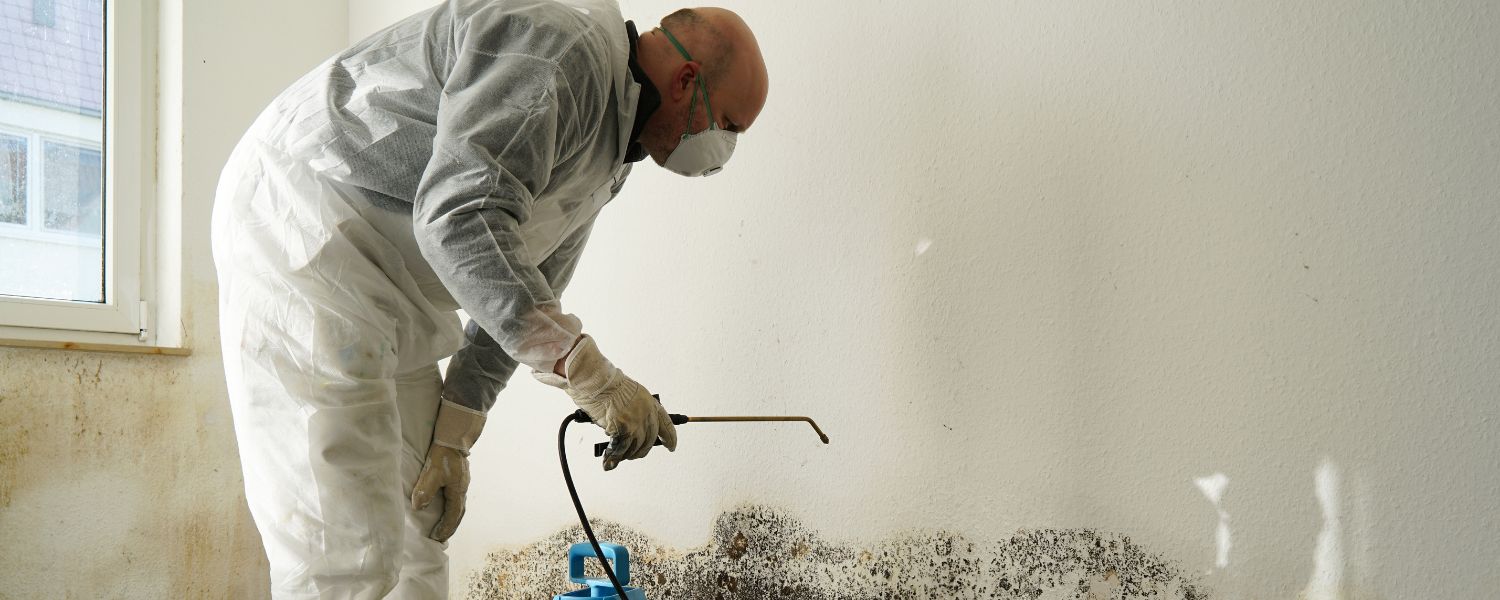Our Blog
Welcome to the Bill Howe Family of Companies Blog – Your Source for Home Solutions and Community Insights! With a legacy dating back to 1980, we are San Diego’s trusted family-owned and operated experts in plumbing, heating and air conditioning, restoration, and flood services.
Join us as we share valuable insights, tips, and stories, and continue our mission to provide top-notch service to San Diego while giving back to the community that has embraced us for over four decades. Explore our blog and become part of the Bill Howe family!



